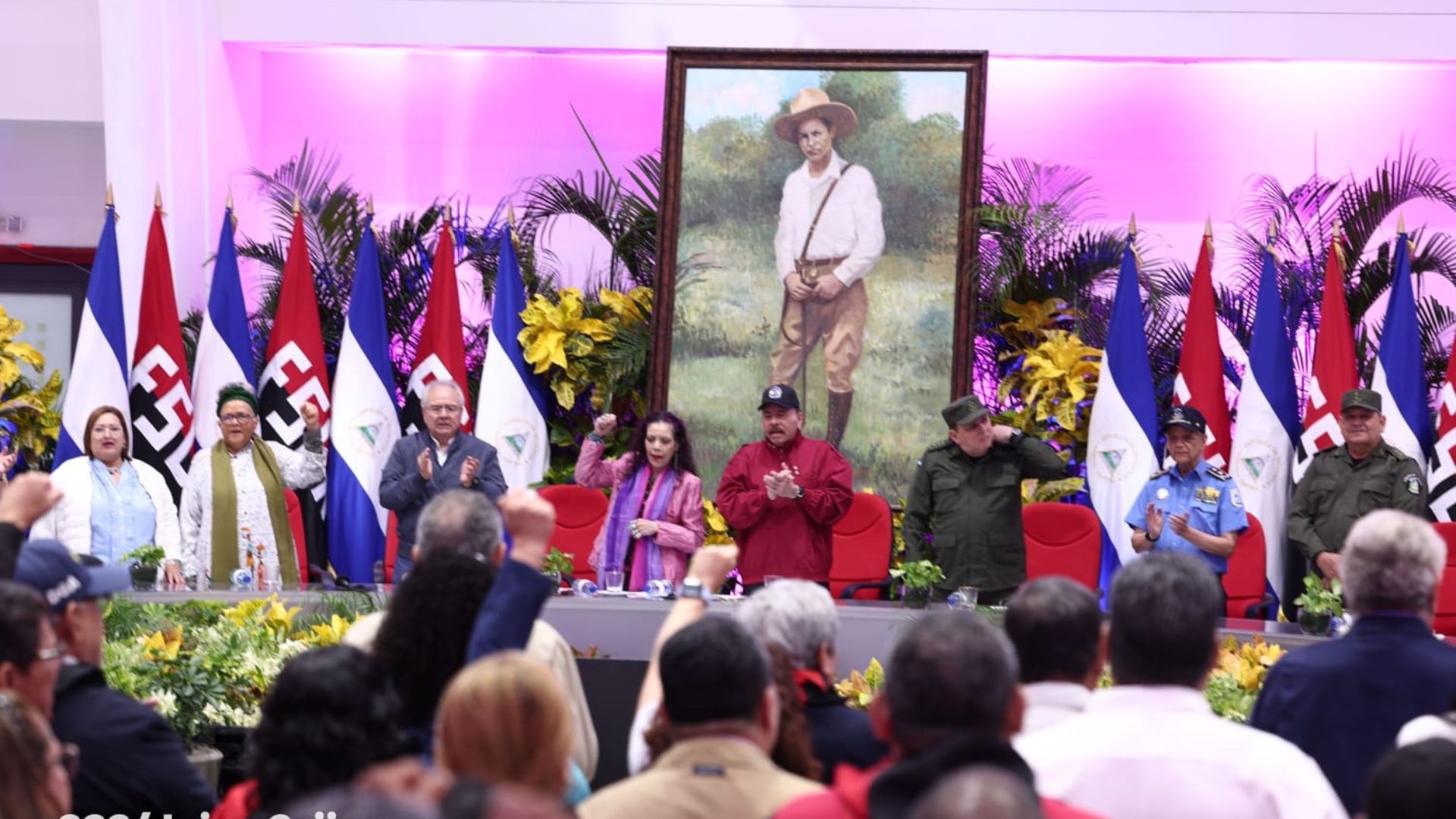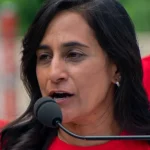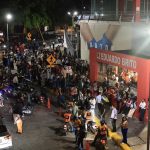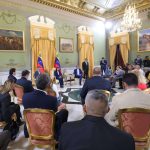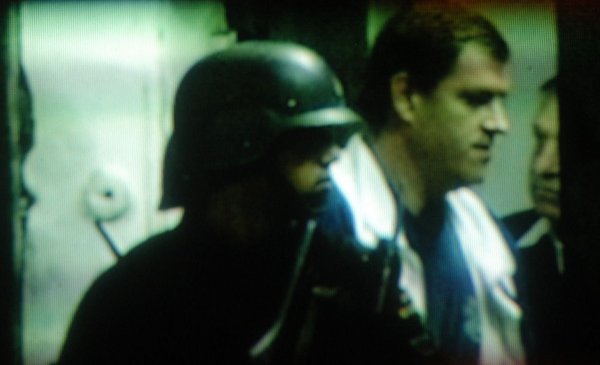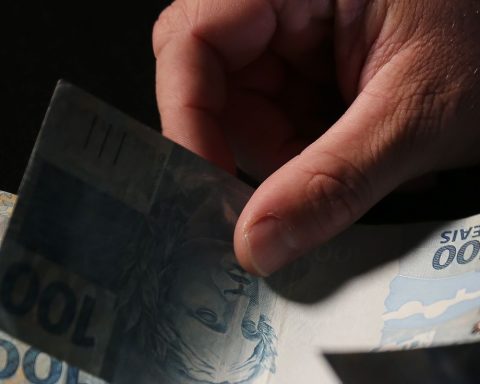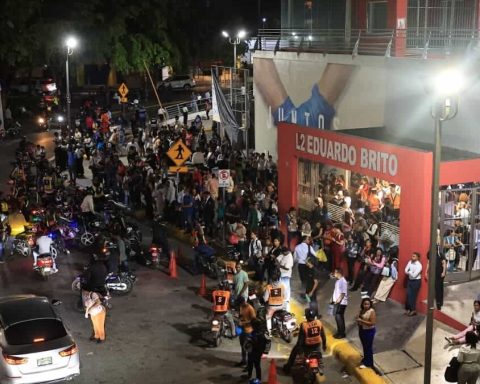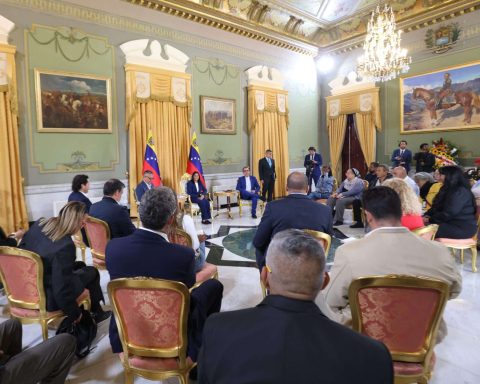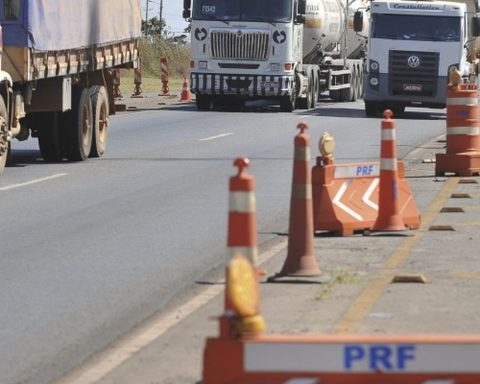Daniel Ortega, the dictator of Nicaragua, reappeared after a month of not being seen in public. Following his rhetoric and skating in history, he led an act to commemorate the 128th anniversary of the birth of Augusto C. Sandino, an event full of dances, music and songs.
The Sandinista leader used his national network to once again attack the Church and the clergy and was proud of the massacre he led in 2018 against Nicaraguan citizens. The roadblocks were erected by the police and paramilitaries between June and July of that year at the point of bullets. Ortega saw it as a triumph and instead of minimizing the fact, he pointed out: “We said it and we did it.”
The dictator attacked the businessmen, reminding them of their alliance that they maintained for more than a decade until the break in the midst of the social outbreak. Ortega asked them: “When were they better off, with the calm coup leaders or now?” throwing them in the face of the benefits they obtained by being in collusion with his regime.
On the night of July 23, 2018, in the midst of a repressive escalation by paramilitaries and police against the blue and white protesters, the news spread about the shooting of the young Brazilian Raynéia Gabrielle Da Costa Lima Rocha.
The medical student was returning to her home, which was located near the outskirts of Lomas de Monserrat, in Managua, an area under surveillance because the political and economic operator of the family in power, Francisco (Chico) López, resides in that town.
Faced with this simulation of trial and conviction, Criminal Action (AP) jurists have asked the Inter-American Commission on Human Rights (IACHR) to submit to the Inter-American Court of Human Rights (IDH Court) the case of the medical student, who that day He was returning from serving in a capital hospital. With this, the State of Nicaragua will be required to continue the case so that the crime does not remain in impunity.
Related news: Ortega recalls how in 2018 the Police and paramilitaries massacred Nicaraguans
Former politician Lázaro Ernesto Rivas Pérez, originally from Santo Domingo, Chontales, met with his family in Chicago, United States, where he has been since February 9, 2023. Rivas was included in the group of opponents sent to Washington by the Ortega regime as exiles to later denationalize them.
Lázaro was reunited with his wife and two of his three children after suffering the forced separation due to the confinement to which the dictatorship subjected him.
The family of Lázaro Rivas was able to reach the United States through the humanitarian parole, with which many Nicaraguans, especially ex-dictatorships, have been able to reunite with their loved ones, but before their relatives had to continue facing the blockades of the authorities who intended to harm the former politician.
Sources, on condition of anonymity, revealed to Article 66 that at least four officers decided to desert the Police to migrate to the United States. According to what they say, there are three policewomen in the group, one of them identified as Cristina Guzmán.
They detail that the uniformed woman, originally from the El Rodeo neighborhood, in Managua, was part, in the first instance, of the “intelligence” area of the Police and later was secretary of District 6, in the capital.
The Managua Mayor’s Office, also under the control of the “Christian” and “socialist” Daniel Ortega, notified 14 businesses located in the vicinity of the Cranshaw National Football Stadium, that they have 24 hours to vacate the place, without the right to relocation or compensation for the investments made during more than 30 years that have occupied those spaces.
The measure, which is described by one of the people affected as “arbitrary, unfair and inhumane”, was notified, first verbally on Wednesday, and the following morning the notification arrived in writing, giving them the fatal deadline of 24 hours, without the possibility of extensions, as exposed to Article 66 by a complainant.
